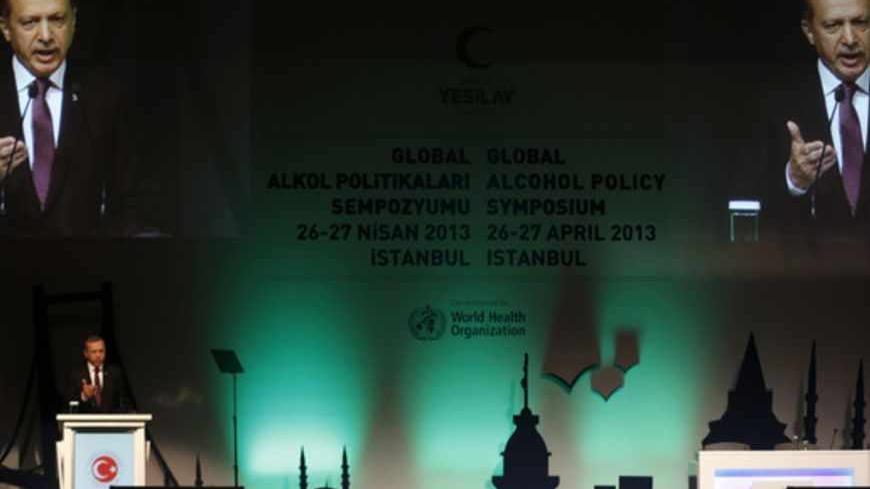Some in Turkey have always rejected criticism that the ruling Justice and Development Party (AKP) is seeking to produce a more religiously conservative society. They argue that Islam has only become more visible in the public sphere in line with sociocultural changes in Turkey. Their argument goes like this: Islam was oppressed under the old Kemalist, secularist regime; now that the AKP rule undid that Jacobin regime and ended the oppression, the Islamic character of Turkish society has simply become more visible in daily life.
Fine. But is the higher profile of Islam the only outcome of the changes in Turkey? I wish it was. If that were the case, there would have been no reason to worry about the protection and improvement of individual rights and freedoms. On the contrary, those who argue that political Islam is compatible with democracy would have probably been happy that Islam’s higher profile in terms of lifestyle has shown an ability to coexist peacefully with all other lifestyles, regardless of whether its adherents are the minority or majority.



